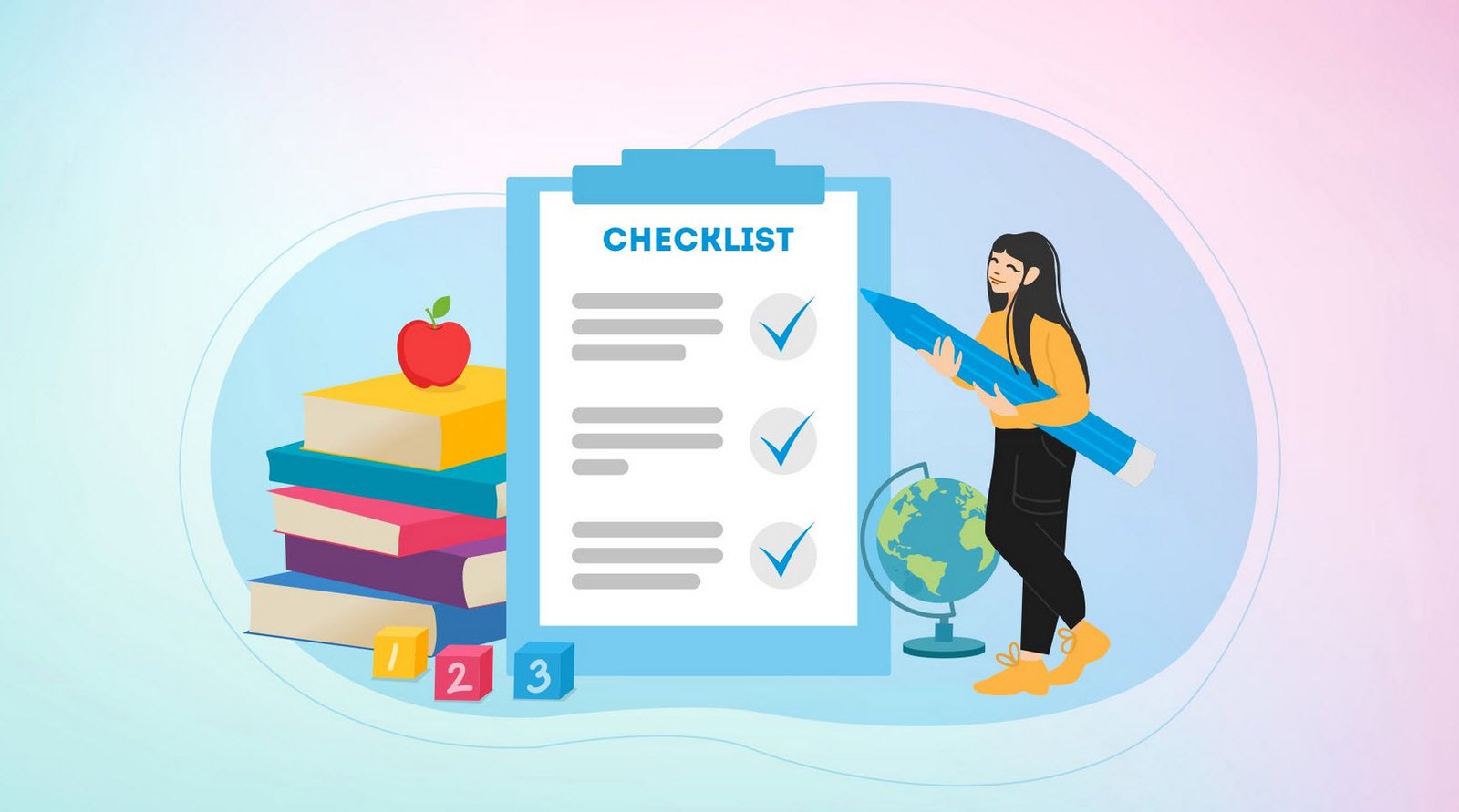
In the digital age, securing a prominent position on search engines like Google is crucial for the success of any business. While hiring a professional Search Engine Optimization (SEO) company is an option, there are simple do-it-yourself steps you can take to enhance your website’s visibility.
In this article, we’ll explore three easy steps to improve your website’s SEO and increase its chances of ranking higher in search results.
Step 1: Keyword Research
The foundation of effective SEO begins with keyword research. Identify the terms and phrases your potential customers are likely to use when searching for your products or services. Brainstorm with your team, consider alternative words, and analyze your competitors’ websites for inspiration.
Create a list of 20-30 keyword phrases and select two that are both relevant to your business and have moderate competition. It’s advisable to choose phrases with 2-3 words, ensuring they are specific enough to attract your target audience. For example, instead of “insurance,” opt for something like “wedding catering services.”
Step 2: Web Copy
Optimizing your web copy involves strategically placing your selected keywords throughout your website. This not only helps in convincing search engines of your content’s relevance but also improves the user experience.
Here are some tips:
- Place keywords in headings, preferably at the beginning.
- Include keywords towards the top of the page.
- Bold or italicize keywords where appropriate.
- Incorporate keywords into hyperlinks for a natural flow.
Additionally, make sure to include these keywords in your HTML “title tag.” If you’re unsure about making these changes, consult your web developer or use your content management system.
Consider adding fresh content to your site, such as detailed product/service descriptions, FAQs, and informative articles. Remember, search engines can only read text, so avoid embedding crucial information in images or using Flash for animations.
Step 3: Linking
Building quality links from other reputable websites to your own is a key factor in SEO. These links act as votes of popularity for your business, boosting your website’s credibility. Focus on the quality, not quantity, of links. Identify relevant websites, such as non-competing companies and industry organizations, and reach out to them.
Write a friendly email highlighting the benefits of linking to your website, and follow up with a phone call if necessary. Building an online network with quality links can significantly impact your website’s success, much like your personal business network.
Monitoring Results
Track your rankings on Google by regularly searching for your chosen keywords. Analyze hosting reports to understand the search terms visitors use to find your website.
Repeat the process for each page of your site, and continue updating content while increasing the number of quality links.
Conclusion
Implementing these DIY SEO steps can lead to improved search engine rankings, increased web traffic, and more sales inquiries. Regularly monitor and measure the success of your efforts, making adjustments as needed.
Remember, effective SEO is an ongoing process that requires dedication and adaptation to the evolving landscape of search engine algorithms. If you measure it, you can improve it.
You may also like:- Top 10 SEO Key Metrics You Should Measure
- 25 Best Niches for Different Types of SEO Businesses
- Top 19+ Technical SEO Checklist for 2024
- Top 10 SEO Score Checker Tools in 2024
- 7 Essential Factors to Rank in the Top 3 Spots of Google
- Best WordPress SEO Plugins for Enhanced Website Rankings in 2024
- OpenAI and Microsoft’s $100 Billion AI Data Center – A New Era in Artificial Intelligence
- SEO ChatGPT Prompts – Save Time & Rank Better
- [March 2024] Google SEO Updates You Need to Know
- Want Image SEO? Here is the Guide








